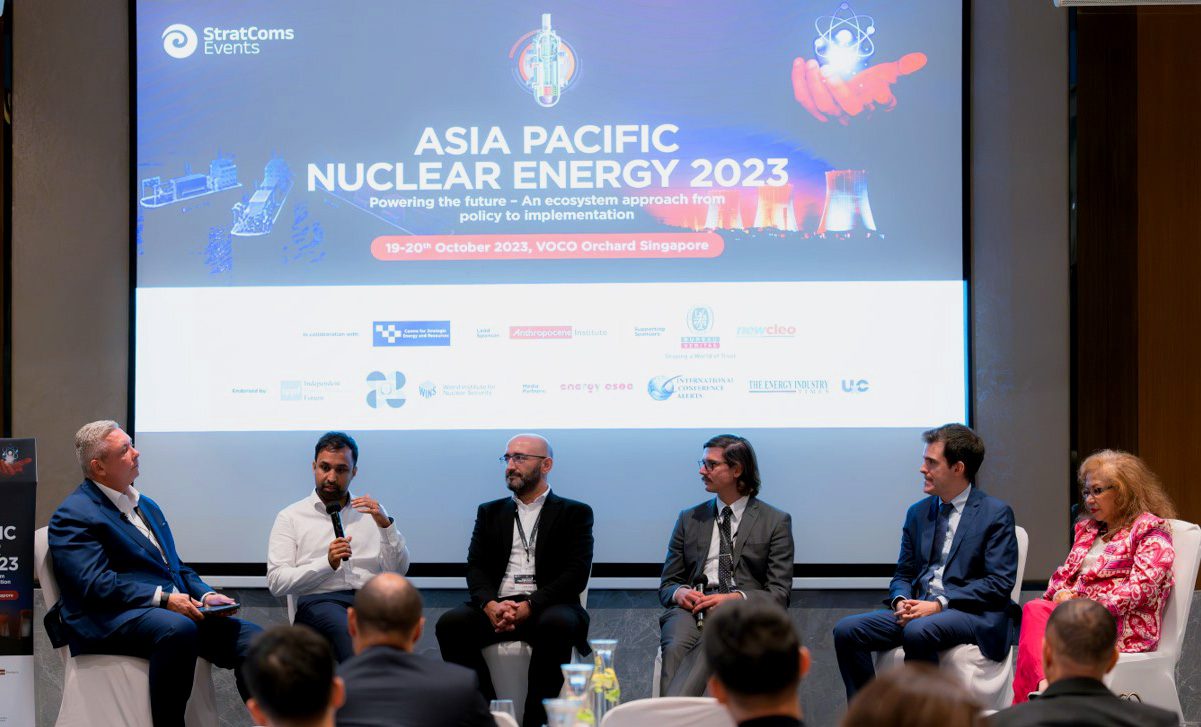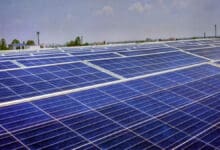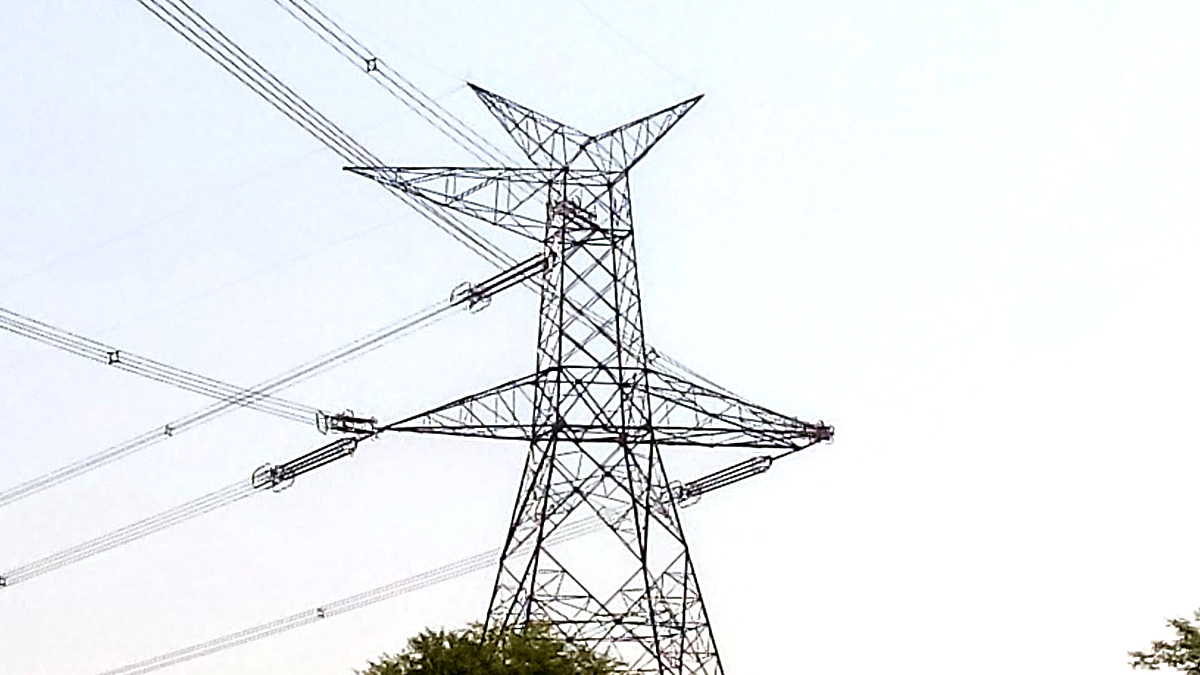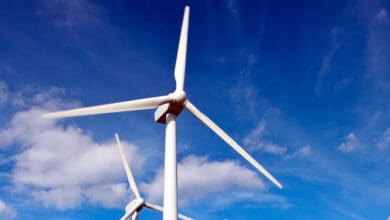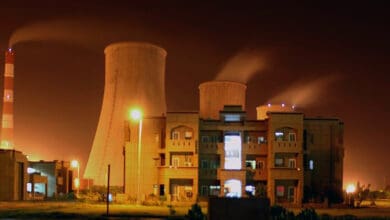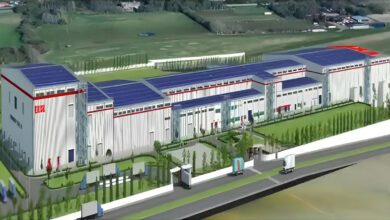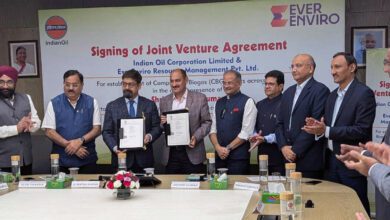The Asia Pacific Nuclear Energy Summit, held from October 19-20 in Singapore, brought together a distinguished group of speakers to delve into the pressing issues influencing the energy landscape in the Asia Pacific region. With a specific focus on the role of nuclear energy in expediting the energy transition in ASEAN countries, the two-day summit provided a platform for discussions on pivotal matters.
ASEAN countries, notably Vietnam, Indonesia, and the Philippines, have recently signalled their intent to reinvigorate civil nuclear projects to address their burgeoning energy needs and decrease reliance on fossil fuels. The absence of operational nuclear reactors in these nations is poised to change rapidly, shaping the future energy mix of the Asia Pacific region.
As Southeast Asia grapples with an ongoing energy crisis, fossil fuels still constitute a substantial 83% of the energy mix, exposing these nations to economic, energy security, and geopolitical risks. The decisions made by ASEAN countries regarding their energy policies will carry significant implications for their energy future and will play a critical role in meeting global environmental targets.
Distinguished speakers, including Nobuo Tanaka, Charles Oppenheimer, Chia Meng Hwee, Paul Bradley, Victor Nian, Cong Mark Cojuangco, and Dr Carlo Arcilla, among others, shared their insights during the summit. Attendees had the opportunity to gain valuable insights into the development opportunities and country updates from Vietnam, the Philippines, Singapore, Jordan, the Czech Republic, and Japan.
The core focus of the event was to stimulate a meaningful dialogue surrounding the economics, current market conditions, and development and implementation opportunities for nuclear energy. The goal is to integrate nuclear energy seamlessly into the current and future energy mix, aligning with decarbonization objectives and fostering environmental sustainability.


